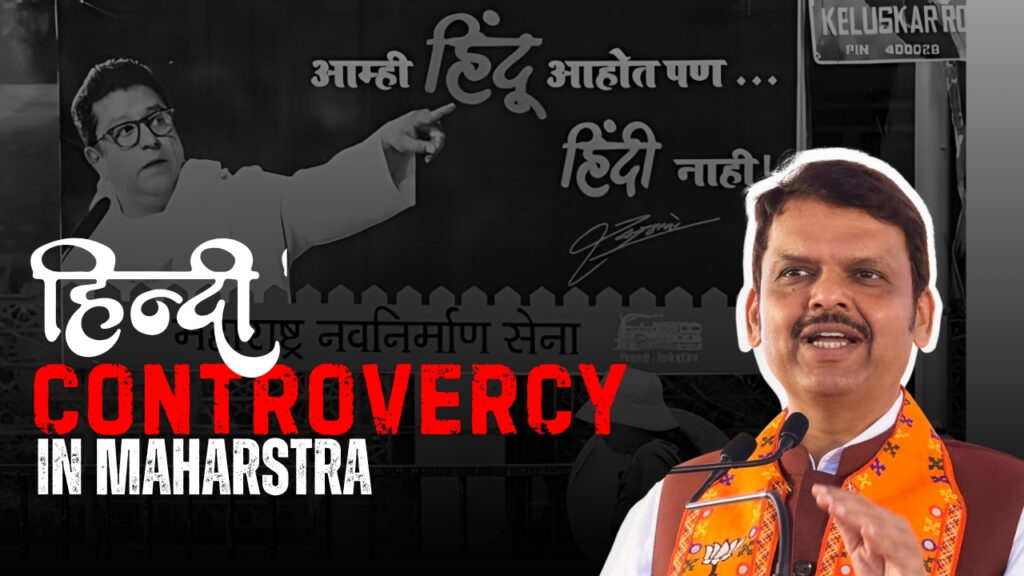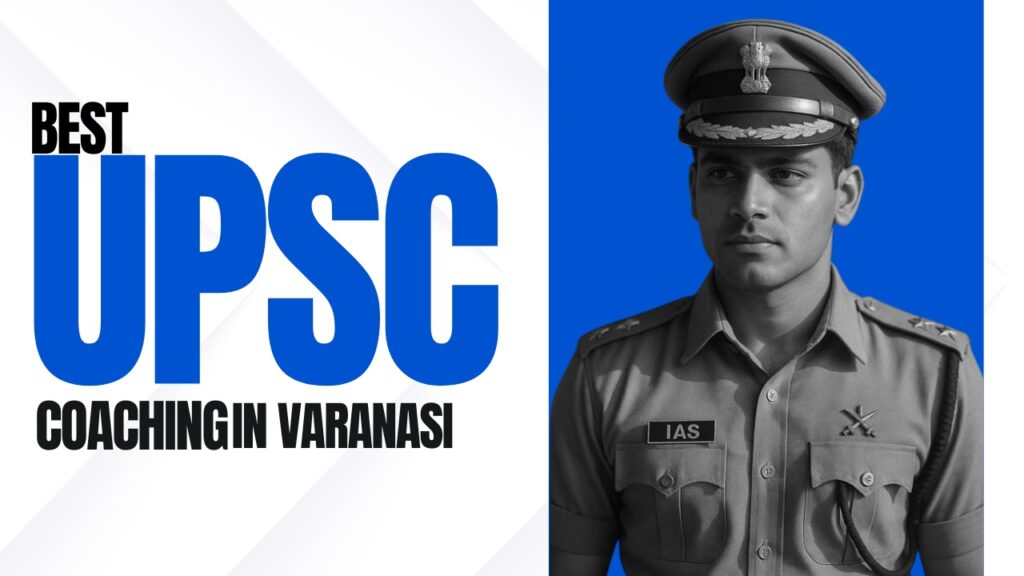What is The civil way & thecivilway ?
The Civil Way is an educational platform or coaching institute focused on helping students prepare for civil services examinations in India, particularly: We offer comprehensive UPSC coaching programs including General Studies (Prelims + Mains), CSAT, Essay Writing, Optional Subjects, and Interview Guidance in pandeypur varanasi suitable for students who are located in durgakund , Sigra , BHU , Lanka , bhojubeer , bhelupur , sarnath etc.. . Courses are available in both English and Hindi. Based on earlier context (and their website www.thecivilway.co.in), The Civil Way offers: 📚 Key Services: 🎯 Their Mission: To make quality civil services preparation affordable, accessible, and personalized, especially for students from smaller towns and Hindi-speaking backgrounds. Click here to Know more about The civil way or thecivilway The Civil Way: Meaning, Mission, and How It Differs from the Civil War Introduction At first glance, the phrase “The Civil Way” might be mistaken for “The Civil War.” But while the words sound alike, their significance is worlds apart. The Civil Way is an educational movement and UPSC coaching institute in Varanasi, dedicated to helping aspirants prepare for India’s most prestigious exams. In contrast, civil war refers to internal conflict and violence within a country. This article unpacks what The Civil Way stands for, how it helps students, and why it should never be confused with the historical idea of civil war. What is The Civil Way? Instead of symbolizing conflict, The Civil Way represents discipline, preparation, and guidance. It is an institute committed to supporting students who dream of becoming IAS, IPS, IFS, or PCS officers. Located in Sigra, Varanasi, The Civil Way serves as a guiding light for thousands of aspirants, offering mentorship, study resources, and test series at an affordable cost. The Vision of The Civil Way The philosophy behind The Civil Way is simple: civil services preparation is not a battle to be fought in confusion, but a journey to be undertaken with clarity. The institute’s vision includes: The Civil Way vs. The Civil War Although the names sound similar, they represent opposite ideas: The Civil Way The Civil War An education-driven initiative for UPSC/PCS aspirants. A violent conflict fought within a nation. Symbolizes knowledge, mentorship, and progress. Represents bloodshed, destruction, and division. Based in Varanasi, India. Historical events (e.g., American Civil War, English Civil War). Prepares future administrators and leaders. Caused collapse of societies and governments. So, while a civil war destroys, The Civil Way builds. Why Students Choose The Civil Way Preparing for UPSC is not just about covering a vast syllabus—it is about adopting the right mindset and strategy. Here’s why aspirants trust The Civil Way: The Civil Way’s Environment Situated in Sigra, Varanasi, the institute offers the ideal setting for UPSC preparation—hostels, libraries, and student-friendly facilities. The environment encourages serious study without the distractions and expenses of big cities like Delhi. Beyond Books: The Values of The Civil Way UPSC aspirants are not just preparing for an exam—they are preparing to become leaders and administrators. That’s why The Civil Way emphasizes: The Civil Way in Students’ Words Many aspirants say that studying here feels less like joining a coaching class and more like being part of a family. Teachers are approachable, peers are supportive, and the institute builds confidence to face one of the toughest exams in India. Embracing Digital Learning To meet the needs of today’s learners, The Civil Way also provides online support—digital notes, e-test series, and current affairs sessions—so that students from across India can benefit. What Makes The Civil Way Unique? This makes it the most reliable coaching center for UPSC in eastern UP. Conclusion To summarize: For students in Varanasi and beyond, The Civil Way is more than an institute—it’s a pathway to knowledge, clarity, and success in civil services. #thecivilway #the_civil_way #upsccoachinginvaranasi
What is The civil way & thecivilway ? Read More »











